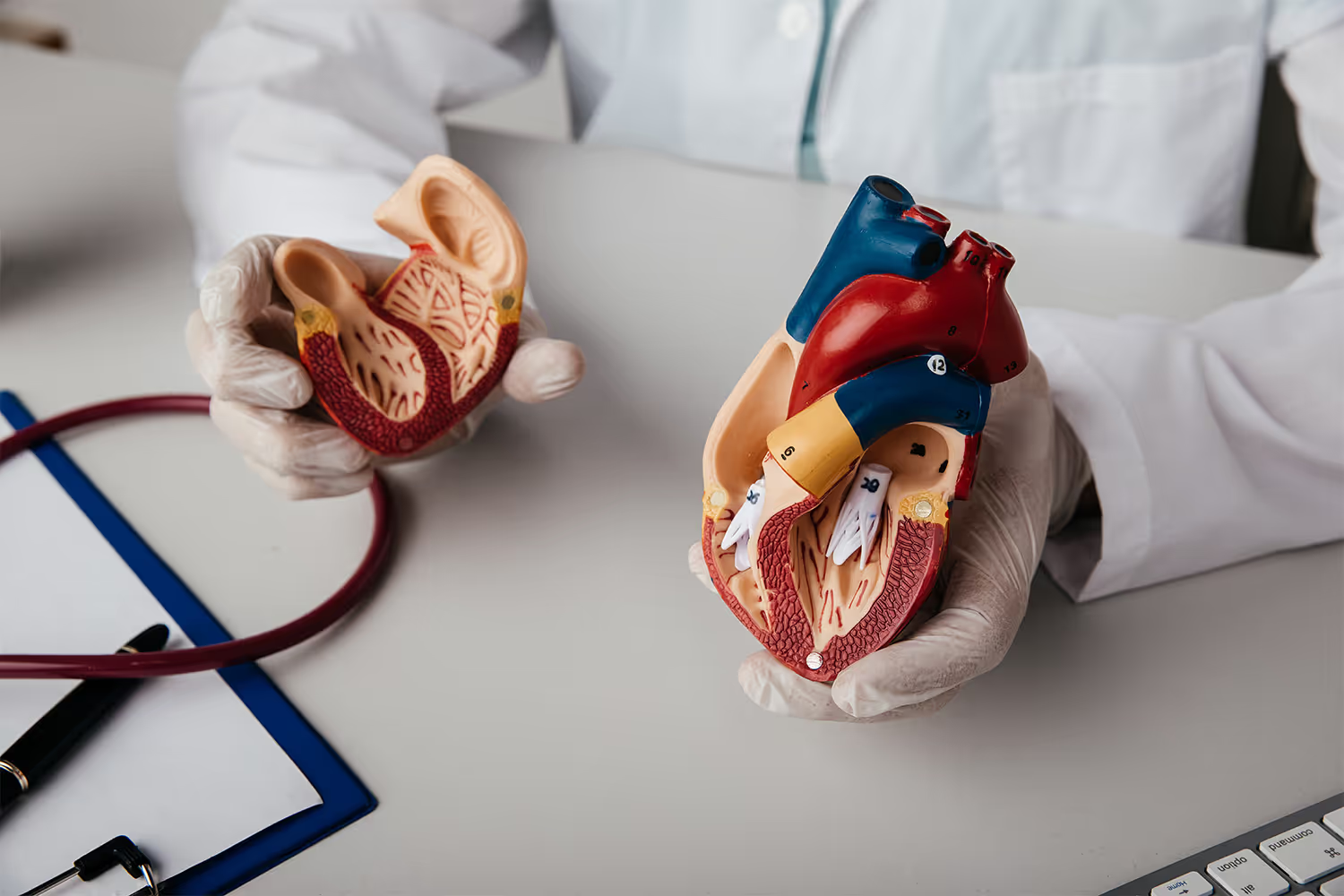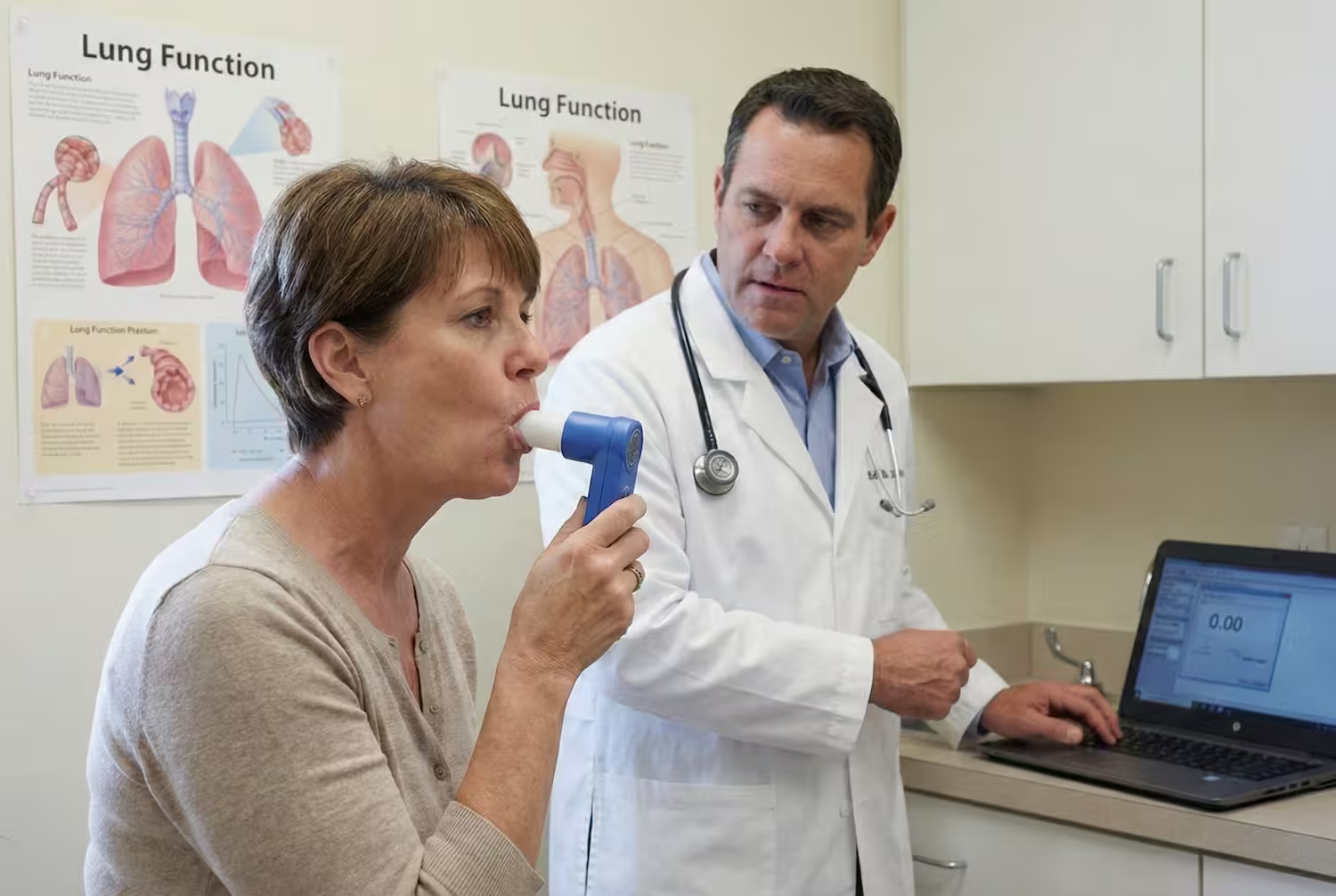
The heart’s continuous pumping allows all other body tissues to have a continuous supply of oxygen and nutrients, which are necessary for them to work at their best.
When the heart is impaired by disease, malfunction, or any other factor, it can wreak havoc on your body and cause symptoms that drastically lower your quality of life and ability to perform day-to-day activities.
For these reasons, taking charge of your heart health is essential, especially if your heart is already disadvantaged due to preexisting health issues. One of the most effective means of improving your cardiovascular health is cardiac rehab. This interdisciplinary rehabilitation program aims to improve your heart health through lifestyle changes, exercise, and mental health support.
Below is a closer look at what cardiac rehab is and how you can benefit from taking charge of your cardiovascular health.
What Does Enrollment in Cardiac Rehabilitation Look Like?
Cardiac rehabilitation is an outpatient program designed to help individuals who have suffered from a heart attack, heart failure, or other heart-related conditions improve their overall health and well-being. The program typically includes exercise, education, and counseling to help patients recover and reduce their risk of future heart problems and cardiac events.
Cardiac rehab utilizes specific forms of physical activity, which tend to focus on improving your aerobic ability, functional fitness, and strength safely. Safety for cardiac patients is of utmost importance — this is why an exercise physiologist will monitor vitals throughout the exercise program.
Cardiac rehab can also include education about a specific cardiac diagnosis, general cardiac health, and a heart-healthy diet, as well as low-impact exercise training. Knowledge is power, and being more well-versed in your condition and how you can recover is key.
Cardiac rehab counseling can include practicing stress management techniques and learning healthy and constructive ways of coping with stress. Chronic stress can have a harmful effect on the body, including your cardiovascular system, and learning how to cope can help you get your cardiovascular health handled.
Who Can Benefit From Cardiac Rehab?
A cardiac rehabilitation program is typically recommended for individuals who have experienced a heart attack, heart failure, or angina. This rehab program is also beneficial for those who have undergone heart surgery such as angioplasty or coronary artery bypass surgery.
Cardiac rehab can also benefit those who have high blood pressure, high cholesterol, obesity, or diabetes which can increase the likelihood of developing more serious cardiovascular conditions.
What Are the Benefits of Cardiac Rehabilitation?
A well-rounded cardiac rehab program can have many benefits for cardiac patients. Below is a closer look at some of the largest benefits of a cardiac rehab and prevention program and what you may be able to get out of it.
1. Improves Strength
One of the primary goals of cardiac rehab is to help patients regain strength and improve their functional health. One of the leading causes of cardiovascular problems is a sedentary lifestyle which not only promotes cardiovascular problems but can lead to muscle atrophy.
Strength training in cardiac rehab exercise programs can help you reestablish a functional level of strength, which can improve your quality of life and make day-to-day activities much easier. Having a trained exercise physiologist create routines for you also means that you will continue to be challenged within safe parameters.
2. Supports Overall Quality of Life
Through education and mental health advisement, patients can learn how to manage stress and make lasting lifestyle changes that can reduce their risk of future cardiac events that could drastically reduce their quality of life.
Additionally, regular exercise can improve mood with a healthy dose of endorphins and be a productive means of dealing with stress.
3. Helps Reduce the Risk of Hospital Admission
Cardiac rehab is a preventative means of healthcare that aims to reduce common cardiovascular risk factors to help reduce the chances that they become a more significant issue. Taking the time to focus on physical fitness, dietary habits, and lifestyle decisions all help to reduce the chances of severe cardiac events and hospitalization, rehospitalization, or demise.
In fact, a 2019 study looking at the effects that cardiac rehab had on rehospitalization and mortality found that individuals that were enrolled in a cardiac rehab program had 34% fewer hospitalizations following cardiac surgery.
4. May Help Minimize Certain Cardiac Risk Factors
With a good cardiac rehab program, patients can reduce common cardiac risk factors and can slow the progression of progressive heart problems like heart failure.
Regular exercise and education about heart-healthy habits can help lower blood pressure, cholesterol, and blood sugar levels, all of which are risk factors for developing cardiovascular diseases.
5. Supports Energy Levels
Frequent fatigue is an unfortunate byproduct of many chronic cardiac conditions, but cardiac rehab may be able to support your energy levels by fostering better quality sleep. Physical inactivity and mismanaged stress do not bode well for a good night’s sleep which is essential for feeling energized and ready to tackle the next day.
Research has shown that exercise can have a beneficial impact not only on sleep but also on the body’s natural sleep-wake cycle, known as the circadian rhythm. Timing your exercise may be able to realign your circadian rhythm and foster better sleep, which can inevitably provide you with more energy.
6. Helps You Complete Daily Tasks More Easily
Cardiac rehab can also help patients to complete daily tasks more easily. By improving cardiovascular fitness, muscular strength, and endurance, patients may be able to return to their normal activities after cardiac surgery more quickly.
Additionally, a healthy lifestyle and improvement in overall fitness may also reduce the effort that was once needed to complete tasks.
How Can I Get Started With Cardiac Rehab?
Getting started and enrolled in a cardiac rehab program can sound like a very involved process, but Carda Health makes it quick and simple to get started on a path toward wellness and improved cardiovascular fitness.
The process starts with a simple questionnaire that allows the Carda Health team to understand your condition and what we can offer you for your circumstance. After the short questionnaire, you simply obtain a referral from your primary care physician or cardiologist.
After getting your referral and filling out the questionnaire, you can be enrolled, and a remote vitals monitoring care package will be sent straight to your door. Once you have all your equipment, a Carda care team member will call you to guide you through equipment setup and answer any questions you may have.
After completing these steps, you will be on your way to receiving a personalized cardiac rehab program at home from a dedicated team. Even though the program is at home, you can expect all the same benefits of cardiac rehab that you would see from an in-person cardiac rehab program.
If anything, having the flexibility of virtual cardiac rehab can make it easier to stay more consistent, which can help to boost the effectiveness of the rehab.

The Bottom Line
Cardiac rehabilitation is an important program that can help individuals who have suffered from a heart attack, heart failure, or other heart-related conditions improve their overall health and well-being. Through regular exercise, education, and counseling, patients can regain strength, improve their physical function, and reduce their risk of future cardiac events.
Additionally, cardiac rehab can have a positive impact on a patient's overall quality of life, including mood, energy levels, and the ability to complete daily tasks more easily. If you have experienced a heart attack, are dealing with heart failure, or have been diagnosed with a heart condition, it’s the right time to act.
Talk to your healthcare provider about enrolling in a virtual cardiac rehab program like Carda Health to help get the most out of your recovery and reduce your risk factors for future cardiovascular problems.
Sources:
What is Cardiac Rehabilitation? | American Heart Association
How Cardiac Rehabilitation Can Help Heal Your Heart | cdc.gov.







